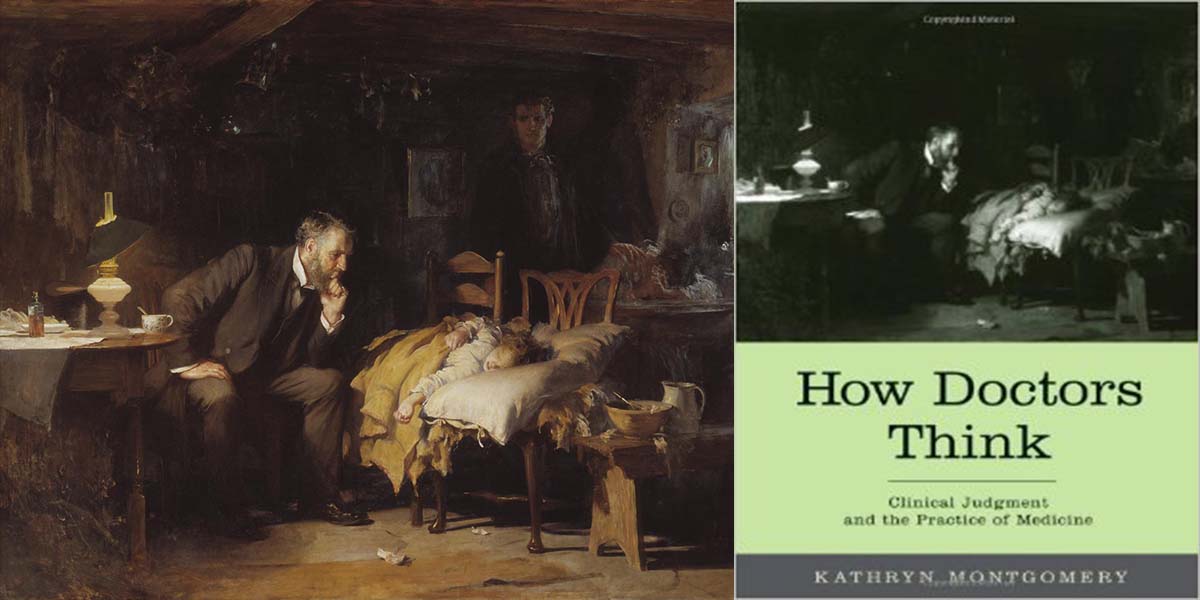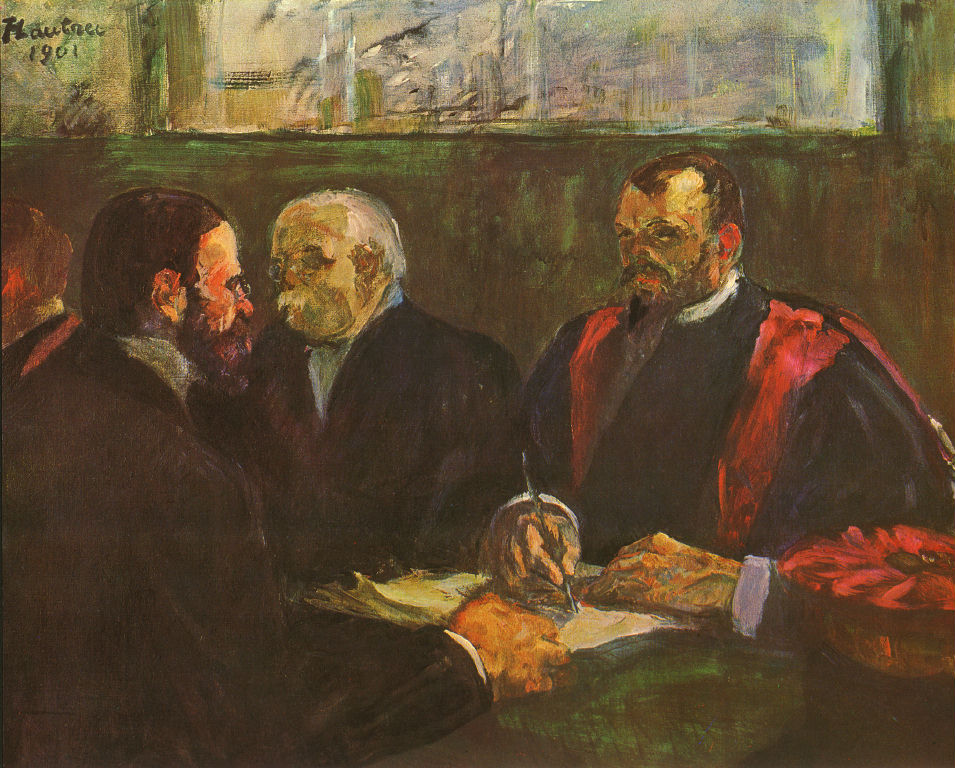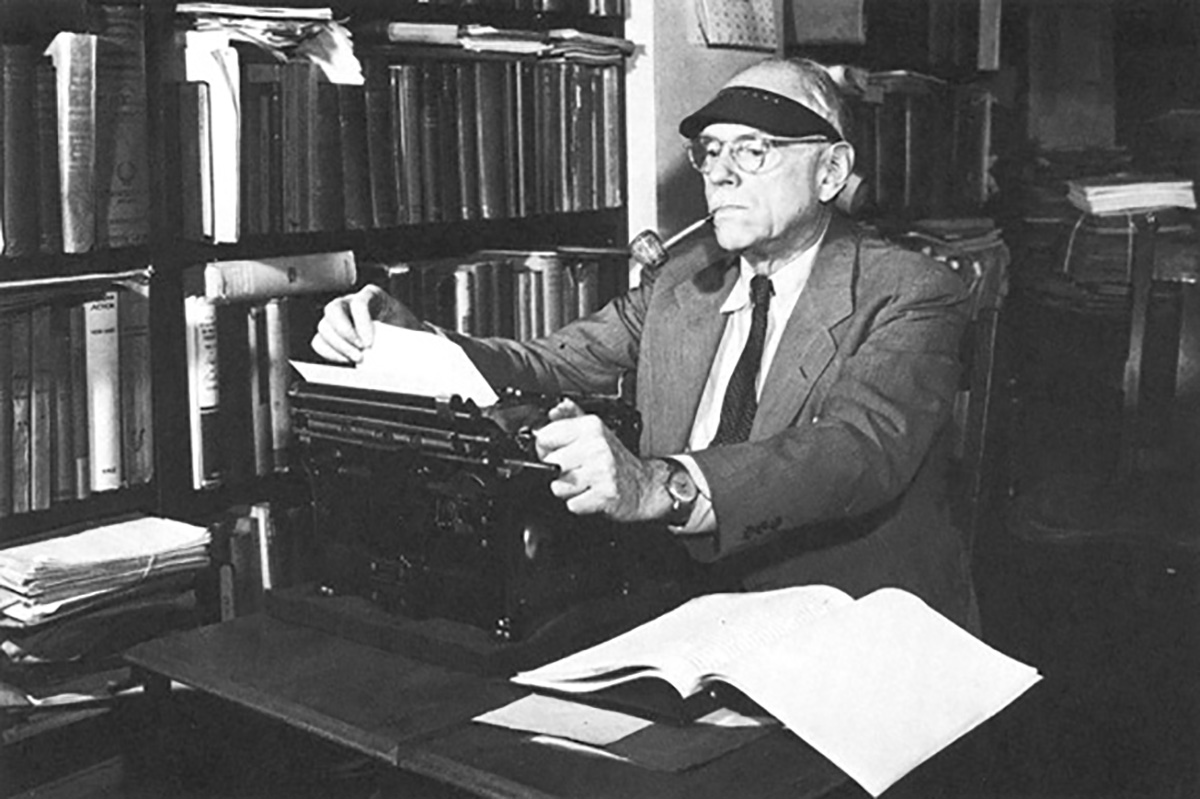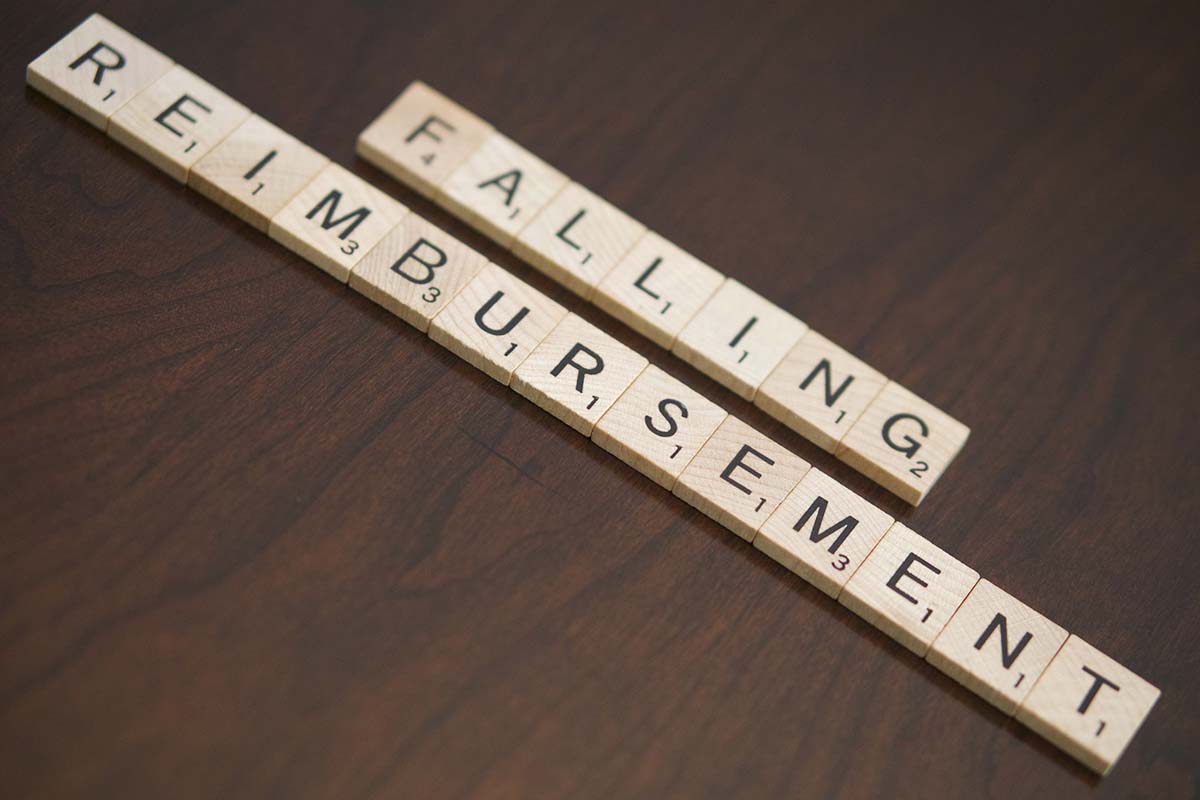Kathryn Montgomery’s How Doctors Think: Clinical Judgment and the Practice of Medicine is an excellent book that was brought to my attention by Dr. James Gaulte in the comment section of my post on phronesis. Indeed, much of Montgomery’s monograph deals with the Aristotelian concept of practical wisdom applied to clinical decision-making.
The author is Professor of Medical Humanities and Bioethics and Professor of Medicine at Northwestern University Feinberg School of Medicine. Her book is too rich to cover deeply in a short review, but I’d like to highlight some of its major strengths as well as a few minor weaknesses.
In the first part of the book, Montgomery thoroughly demolishes the notion that medicine is applied science.Continue reading “Book review: How Doctors Think”









